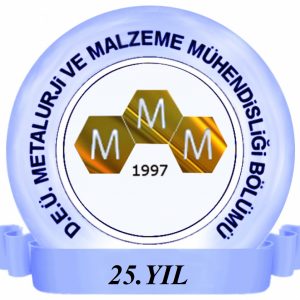Objectives and Outcomes of Programme
Programme Objectives
- The objectives of the Doctoral degree programme are to graduate scientists who are investigative, innovative, self-confident, able to develop new ideas and techniques through innovative and creative thinking, possess problem solving and decision making skills, are conscious of work ethics and protectors of the natural environment as well as able to contribute to science and technology in their own fields.
Key Learning Outcomes
- To develop and deepen the recent and advanced information at the level of expertise based on the master degree proficiency,
- To understand the interaction between various disciplines related to the field and achieve original results from new and complex ideas by analysis, synthesis and evaluation by using expert knowledge,
- To approach systematically the new information in the field, and to achieve high level skill in the research methods,
- To be able to develop a new scientific method that brings innovation to science or apply a known method to a different area, and to be able to understand, search, design, implement and contribute to an original topic,
- To be able to critically analyze, evaluate and connect new and sophisticated ideas,
- To be able to publish in national and international peer-reviewed journals those extend the borders of knowledge,
- To be able to show leadership in solving unique and interdisciplinary problems,
- To be able to develop new ideas and techniques by using thought processes such as innovative and creative thinking, problem solving as well as decision making,
- To have an ability to critically examine, develop and if necessary manage the actions to change social relationships and norms that direct these relations,
- To be able to show competence in defending the original views, and communicate effectively in an expert community,
- To be able to communicate and discuss the written, oral and visual communications in advanced level at least in one foreign language,
- To contribute on becoming an information society by introducing technological advances in academic and professional context on various platforms,
- To use strategically decision making processes in problem solving approaches and establish effective communication,
- To be able to solve social, scientific and ethical issues faced in the area and during the professional activities.


